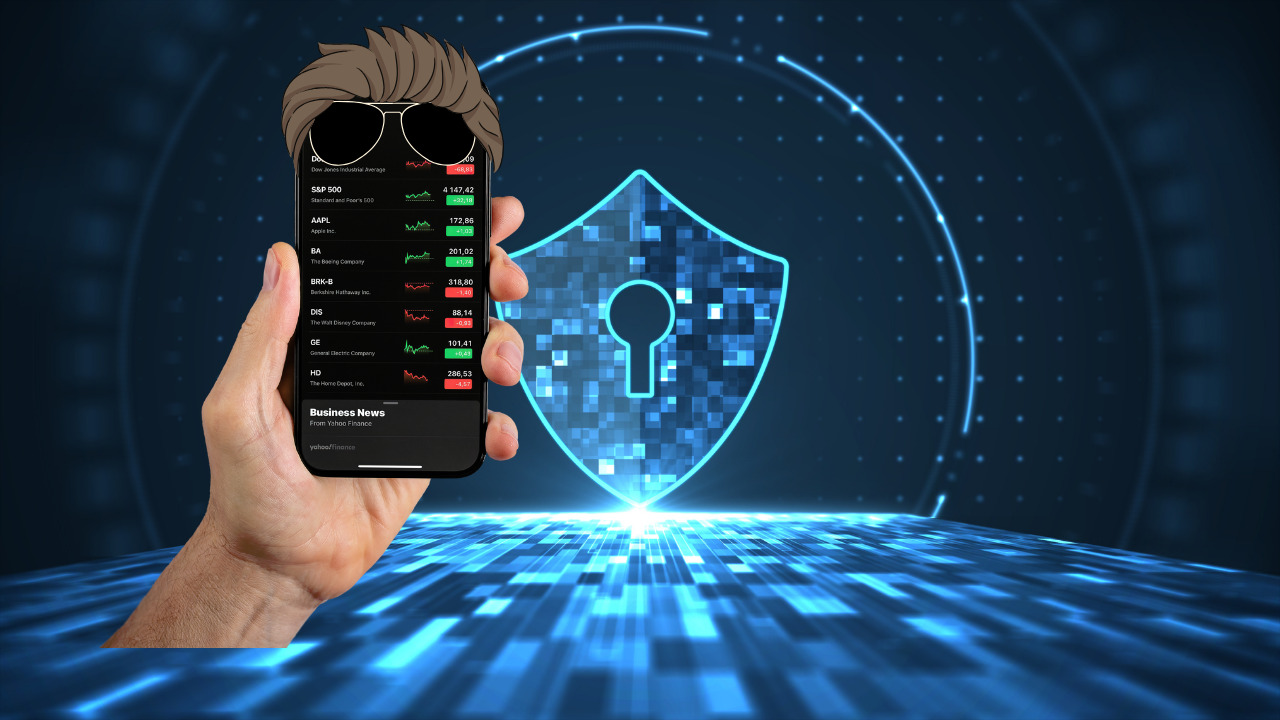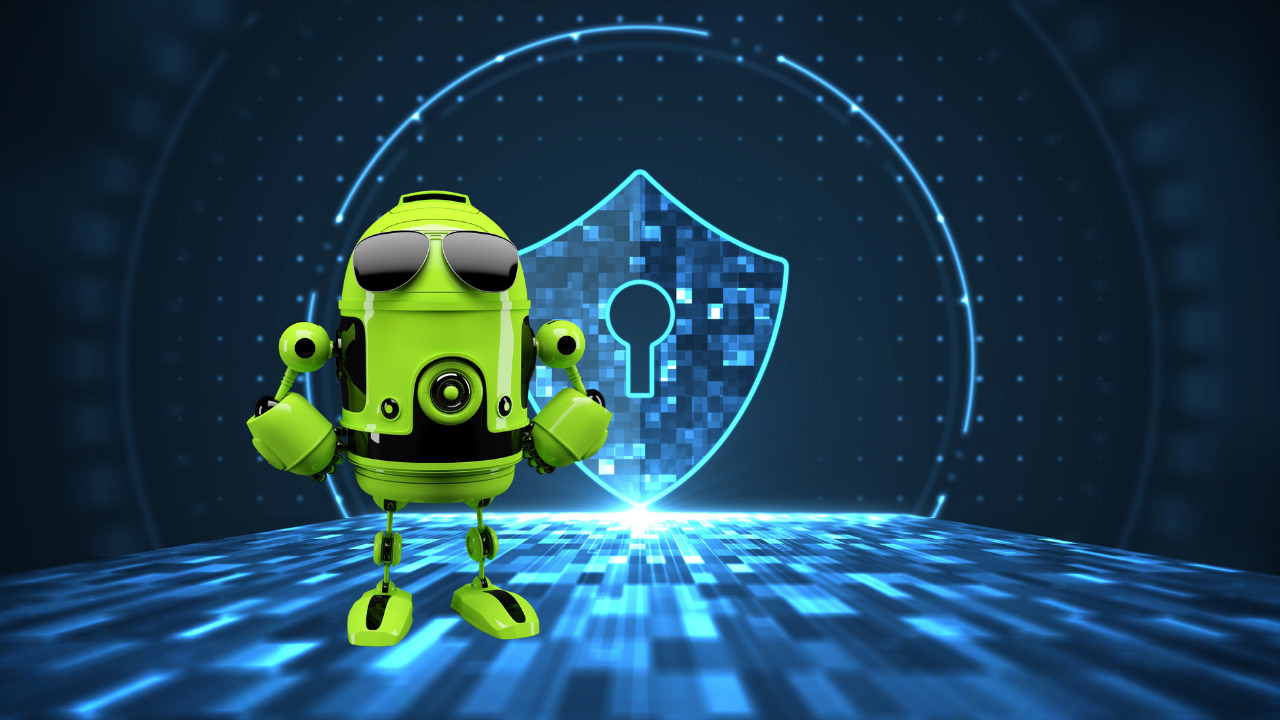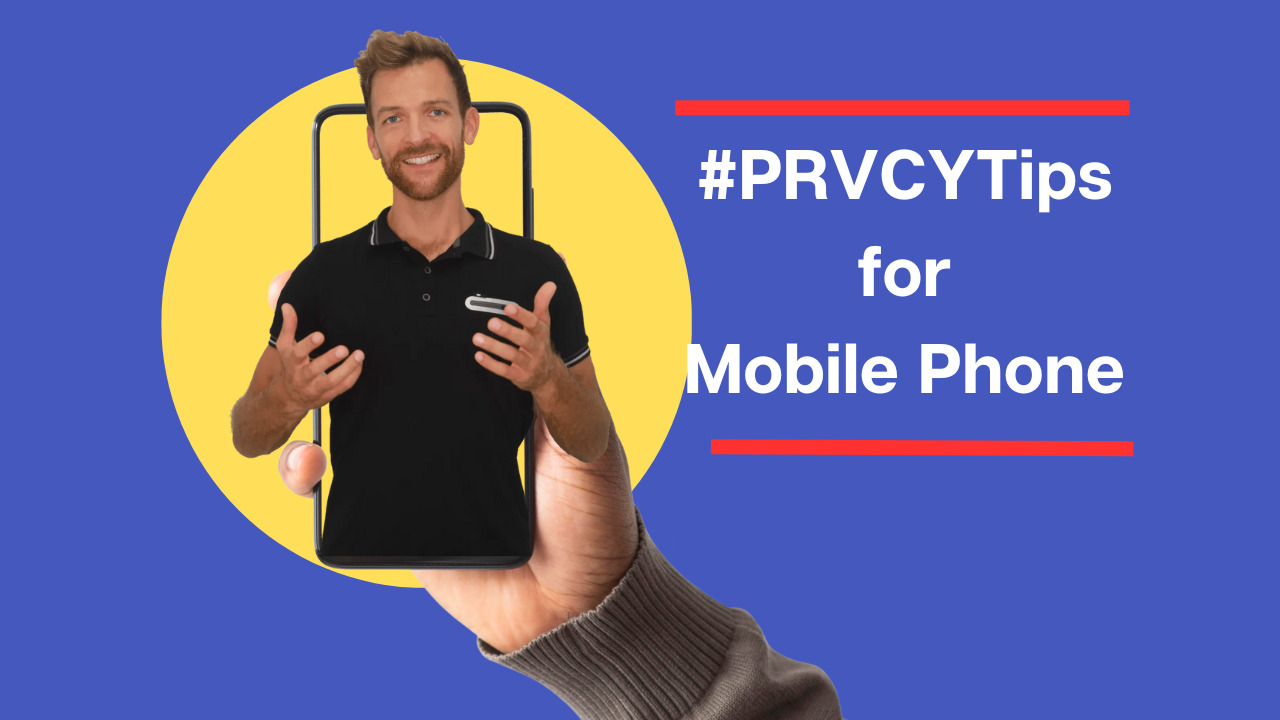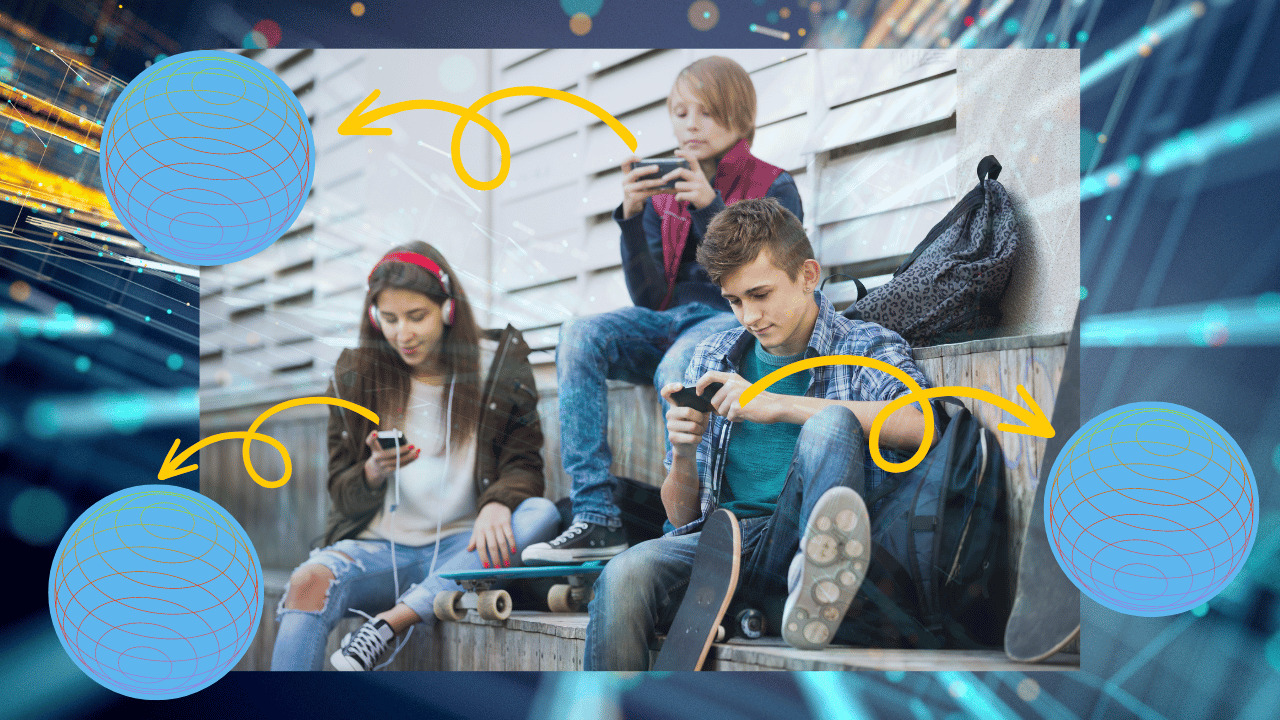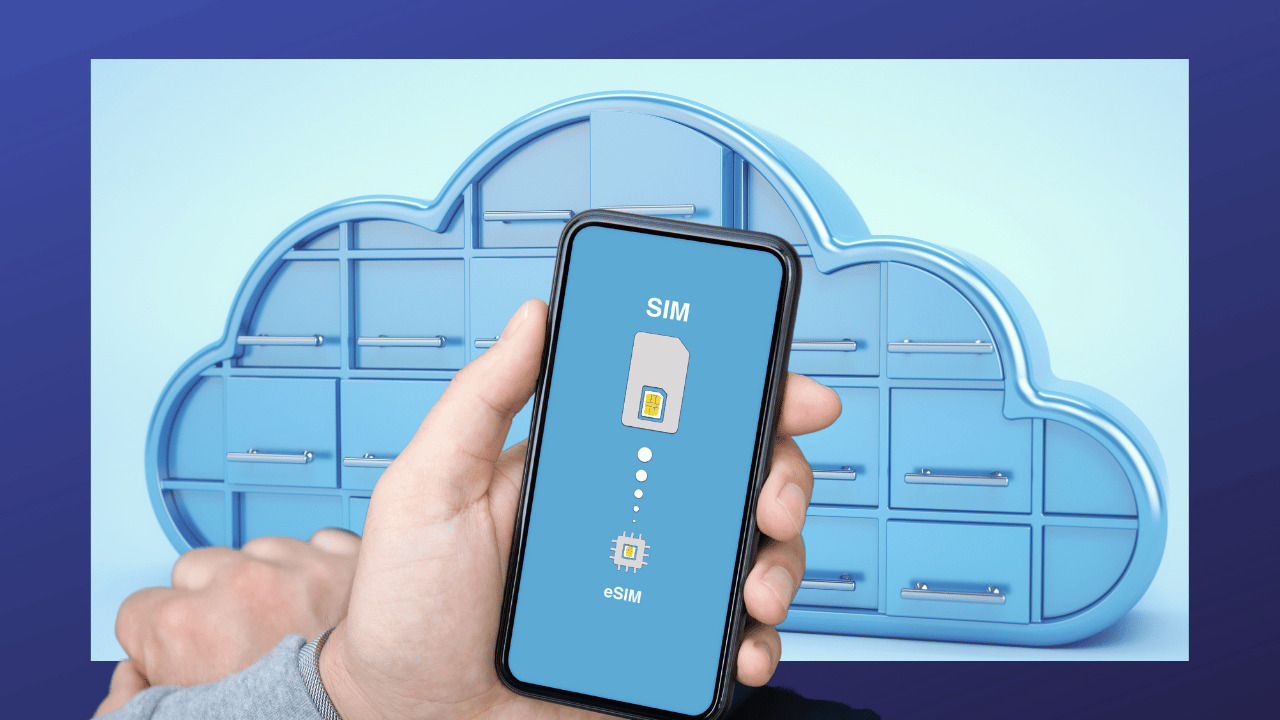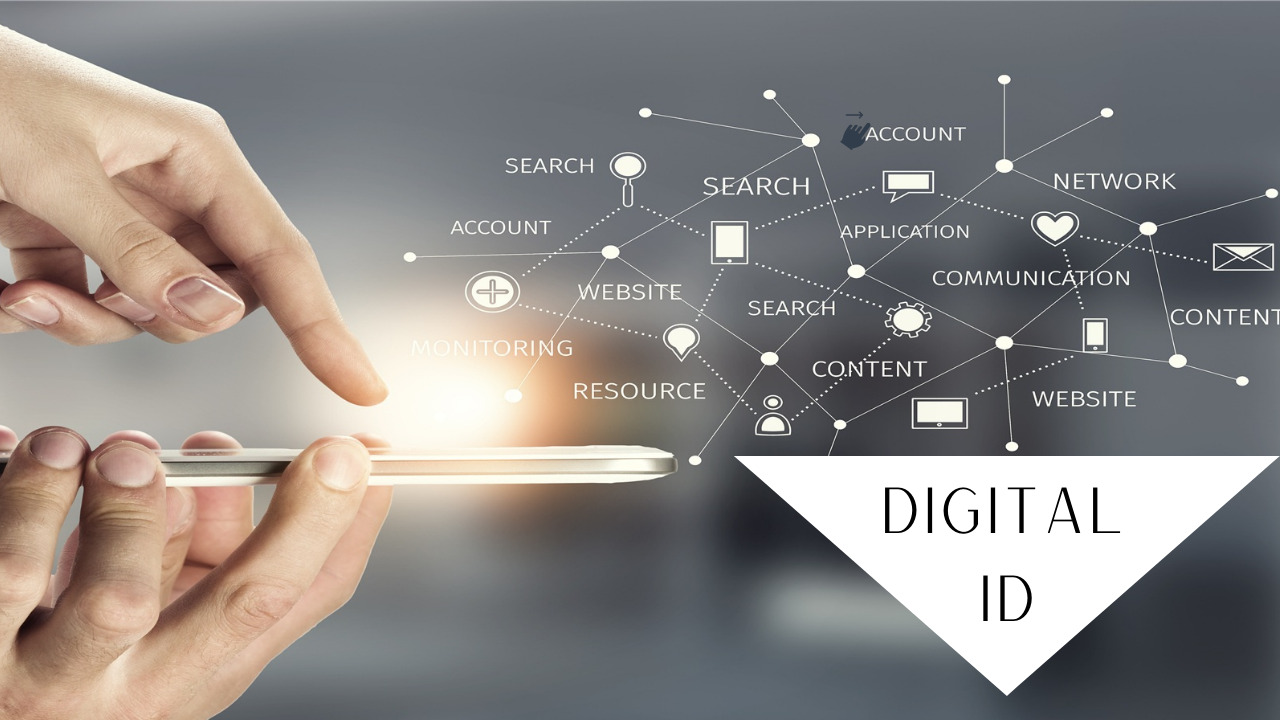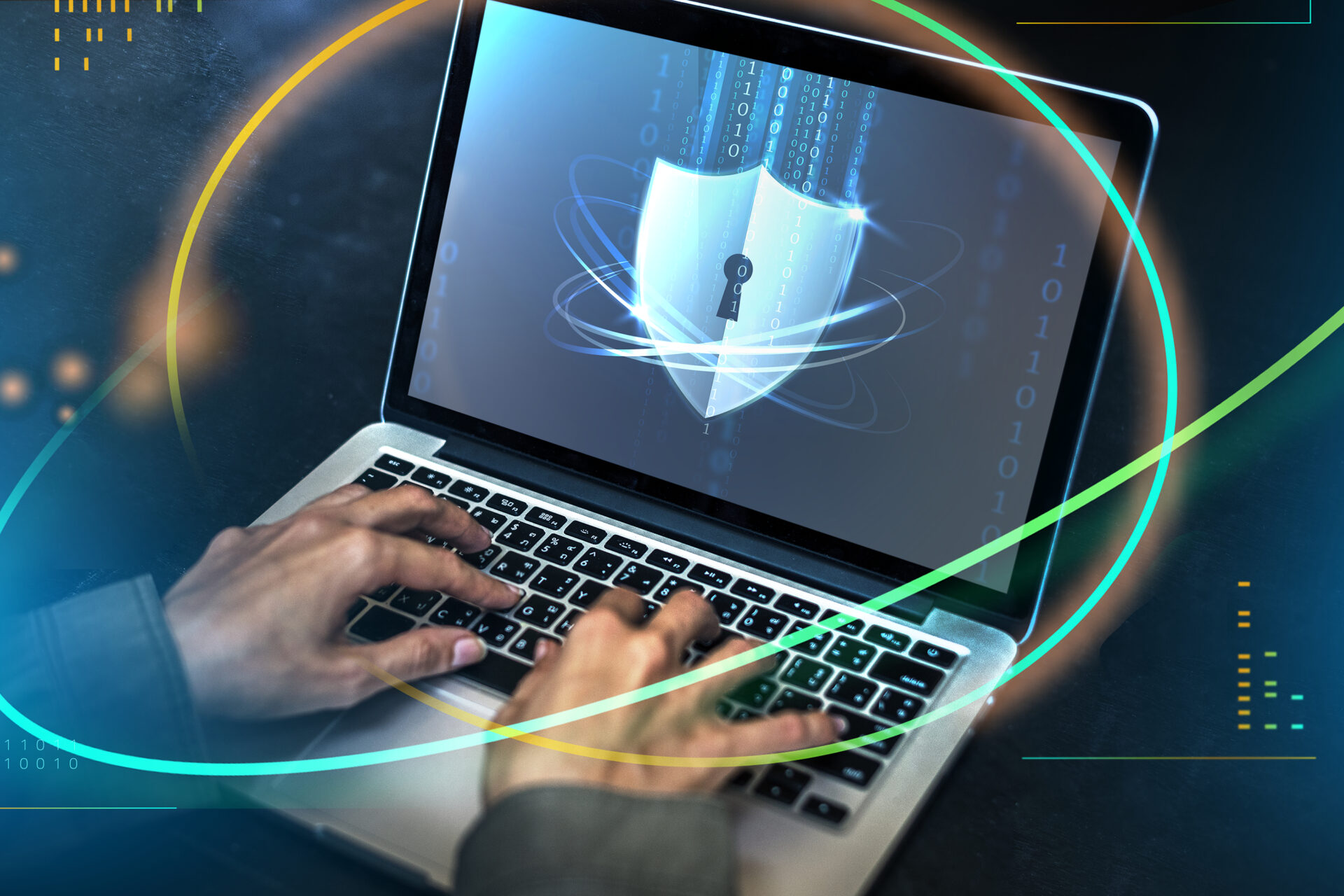PRVCY 101: iOS App Store: Breaking the Monopoly
In the vast digital landscape, few companies wield as much influence as Apple Inc., and at the center of its ecosystem is the Apple Store - an exclusive marketplace for iOS apps. Apple's closed ecosystem has undoubtedly contributed to the company's success, but it has also sparked intense debates about issues of monopolistic control, competition, and the impact on developers and consumers. In this blog post, we delve into the Apple Store monopoly and examine its effects, controversies, and possible alternatives.
